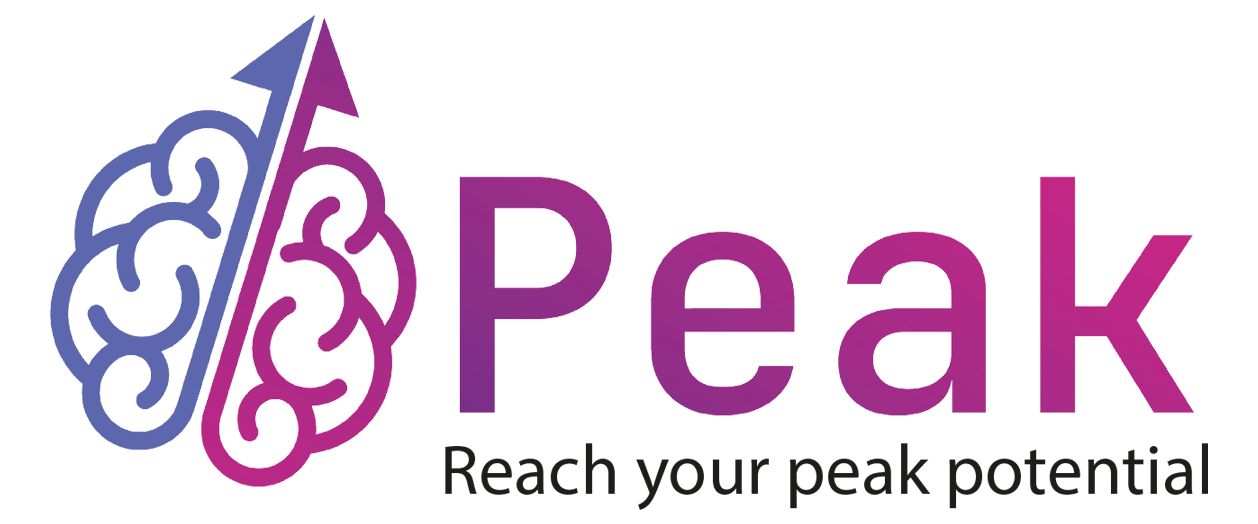In the world of sports, physical training is only part of the equation. Adequate sleep and recovery are just as important for athletes striving for peak performance. Quality sleep plays a vital role in muscle recovery, cognitive function, and overall performance. Neurofeedback has emerged as a powerful tool to improve sleep quality, ensuring that athletes are well-rested and ready to perform at their best. In this post, we’ll explore the critical relationship between sleep, recovery, and
neurofeedback.
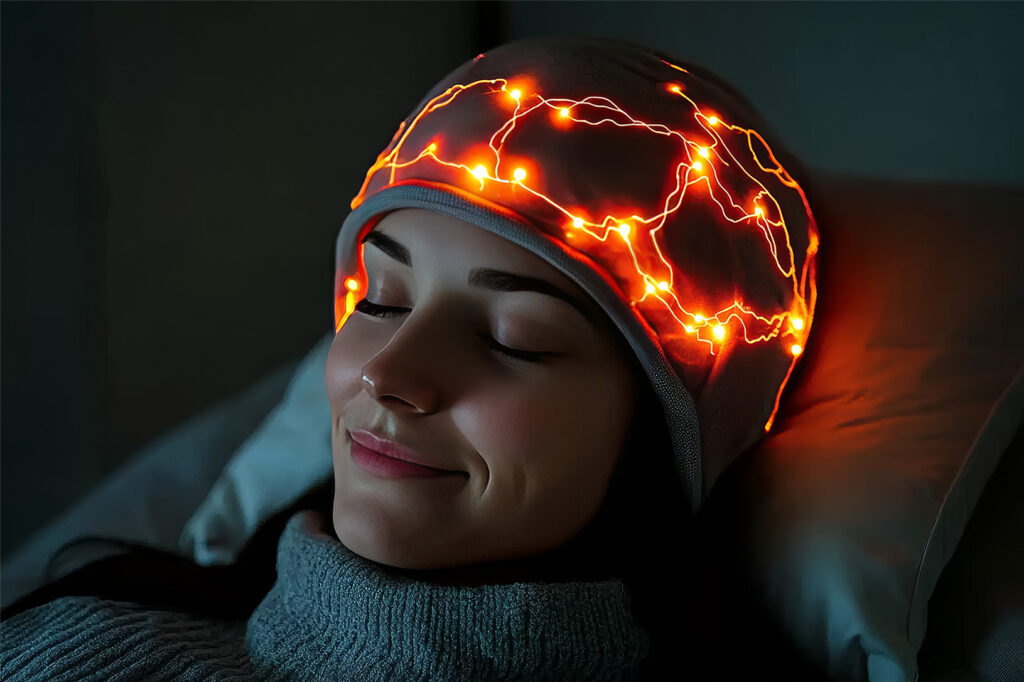
The Role of Sleep in Athletic Performance and Recovery
Sleep is essential for athletic performance and overall health. During sleep, the body undergoes important processes like muscle repair, memory consolidation, and the release of growth hormones.
Lack of sleep or poor-quality sleep can lead to:
1. Decreased Physical Performance:
Fatigue from inadequate sleep slows reaction times, reduces endurance, and impairs physical strength
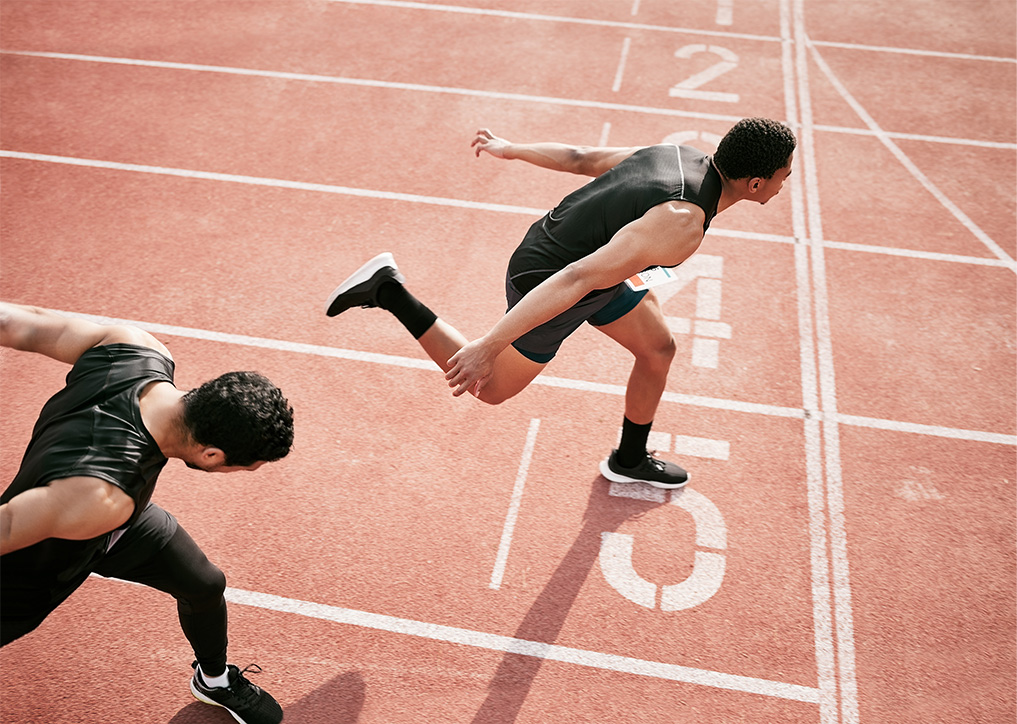
2. Cognitive Decline
Lack of sleep can impair decision-making, focus, and cognitive function —skills that are crucial for athletes during competition
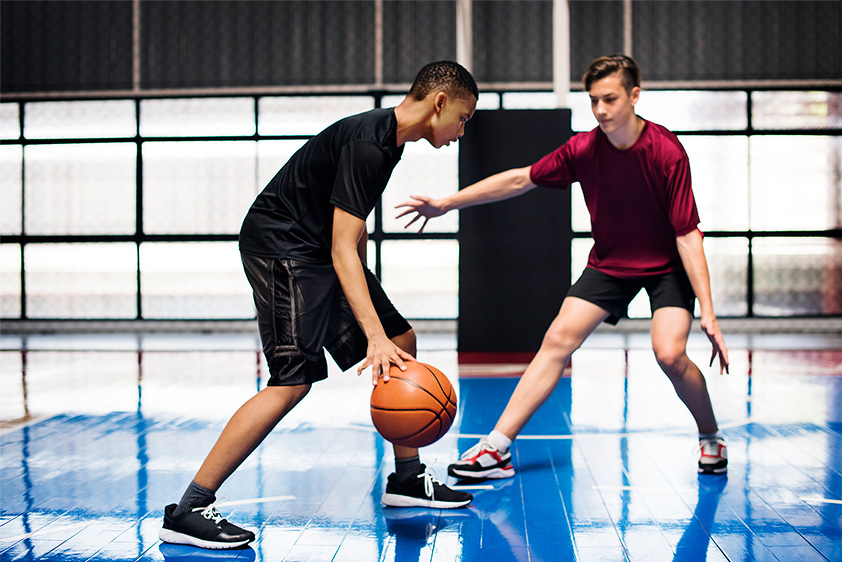
3. Higher Risk of Injury:
Athletes who don’t get enough sleep are more prone to injuries dueto reduced coordination, slower reaction times, and impaired judgment
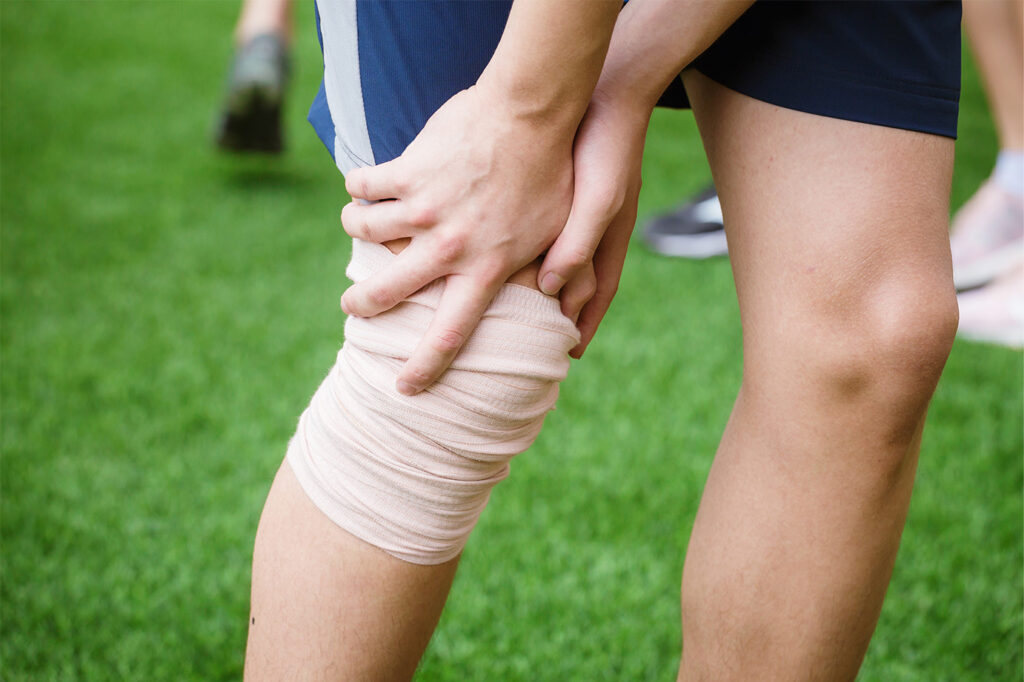
How Neurofeedback Can Improve Sleep Quality
Neurofeedback offers a non-invasive way to improve sleep patterns and quality by training the brain to regulate its activity. Sleep is controlled by specific brainwave patterns, and neurofeedback helps athletes learn to optimize these patterns for better rest. Here’s how it works:
1. Balancing Brainwaves for Better Sleep
Neurofeedback helps train the brain to regulate the balance between fast (beta) and slow (theta and delta) brainwaves. This regulation allows athletes to fall asleep faster, achieve deeper sleep stages, and wake up feeling more refreshed



2. Managing Stress and Anxiety
Stress and anxiety can disrupt sleep, especially for athletes under intense pressure.
Neurofeedback is effective in helping athletes reduce stress levels, promoting relaxation, and enabling the brain to shift into a restful state at night
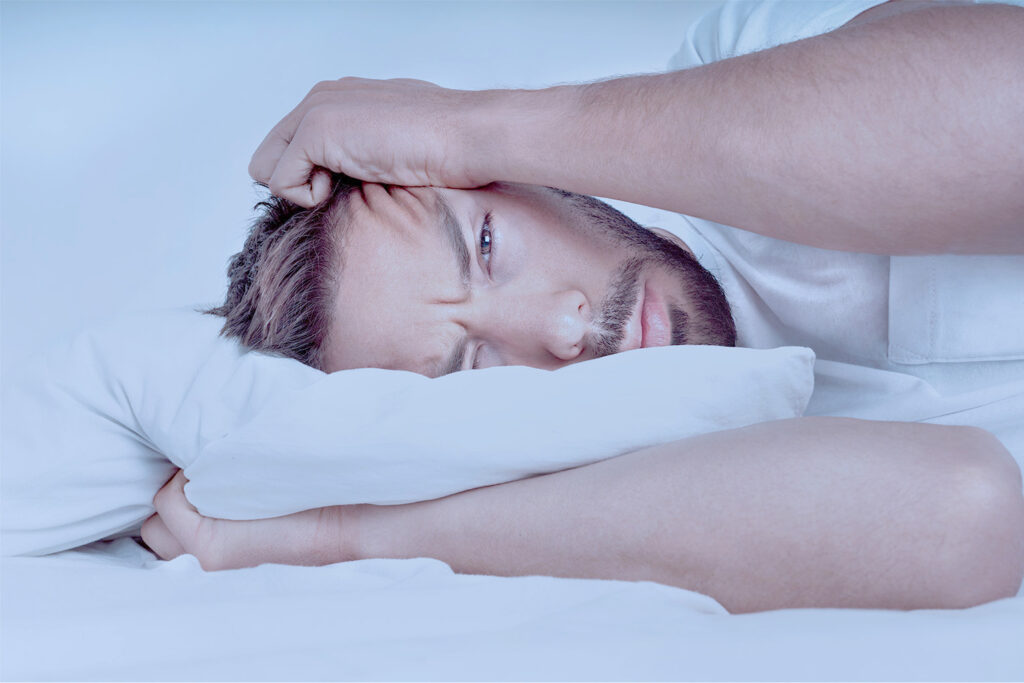
3. Promoting Sleep Consistency
Neurofeedback can help athletes establish more consistent sleep patterns by training their brains to naturally transition through the different stages of sleep.
This is Reach your Peak potential particularly beneficial for athletes who travel frequently or have irregular schedules

Practical Tips for Athletes to Optimize Sleep and Incorporate Neurofeedback
1. Establish a Consistent Sleep Routine
Maintaining a regular sleep schedule is one of the best ways to optimize sleep quality. Athletes should aim to go to bed and wake up at the same time every day, even on rest days, to ensure their bodies stay in a healthy rhythm.
2. Incorporate Neurofeedback Sessions into Training
Athletes can incorporate neurofeedback into their training regimens to address sleep issues or improve mental recovery after intense physical exertion. Working with a trained neurofeedback practitioner can help identify areas of improvement in brainwave regulation that impact sleep quality.
3. Limit Screen Time Before Bed
Exposure to screens (phones, tablets, TVs) before bed can disrupt sleep by interfering with the production of melatonin. Athletes should aim to minimize screen time in the hour leading up to sleep and practice relaxation techniques like mindfulness or breathing exercises.
4. Prioritize Recovery
After a long training session or competition, athletes should focus on recovery techniques such as stretching, foam rolling, and proper nutrition. Incorporating Neurofeedback after recovery periods can help the brain relax and prepare for deep sleep.
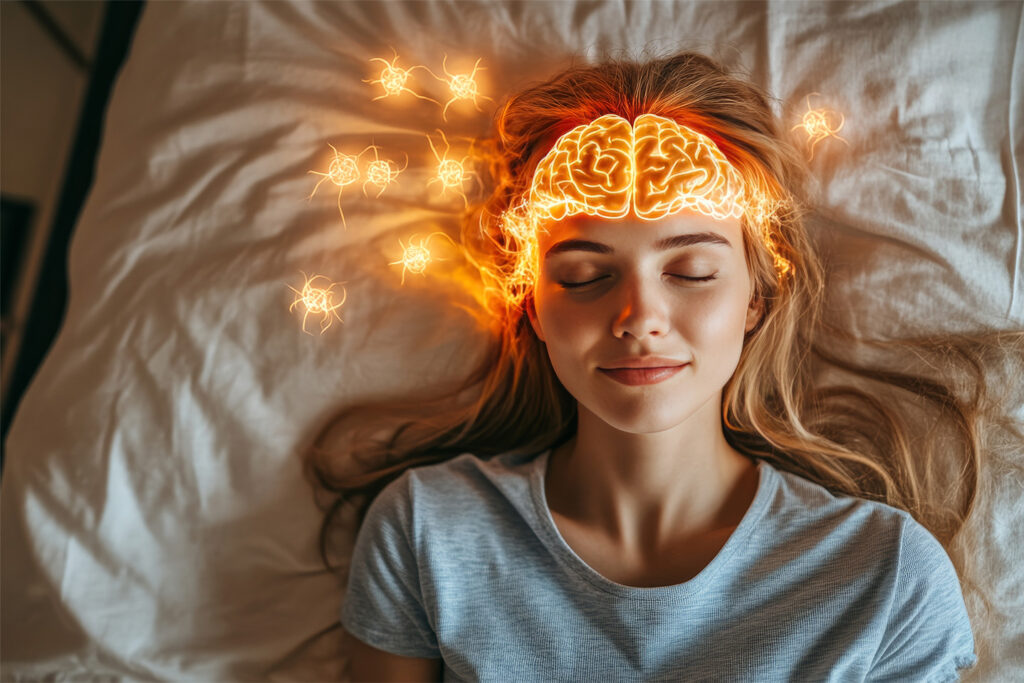
Conclusion: Sleep and Neurofeedback for Optimal Performance
Athletes can’t underestimate the power of sleep when it comes to performance and recovery.
Neurofeedback offers a unique way to optimize sleep patterns, helping athletes achieve better rest, recover more effectively, and improve overall performance. By integrating Neurofeedback with other sleep hygiene practices, athletes can unlock the full potential of their minds and bodies.
Explore how neurofeedback can improve your sleep and athletic performance at Peak Centers. Contact us to learn more about our neurofeedback programs designed for athletes.
